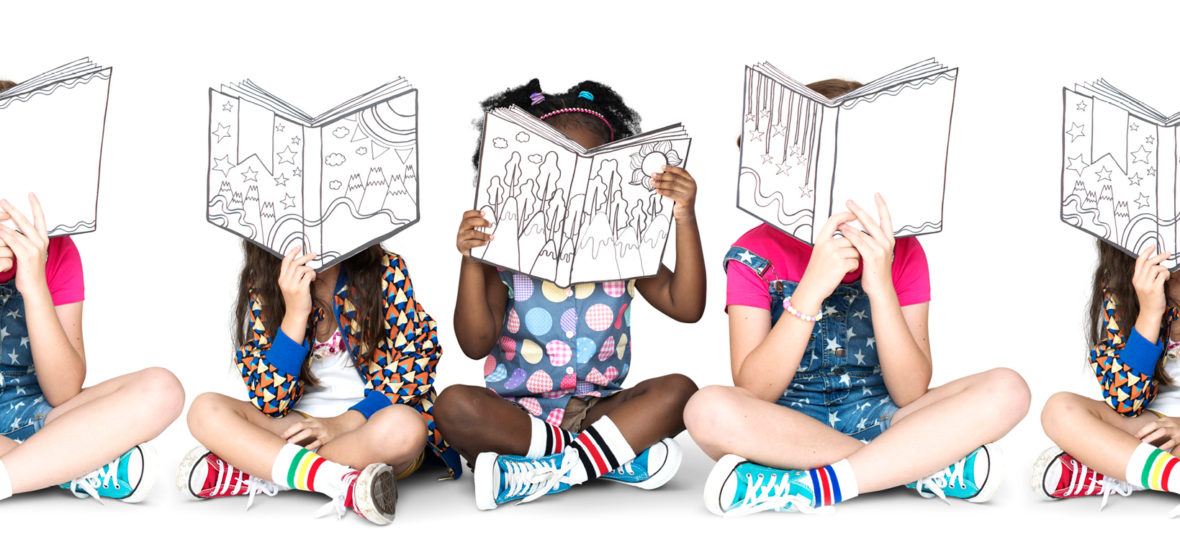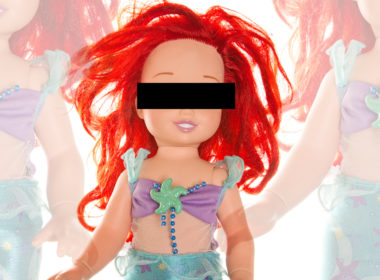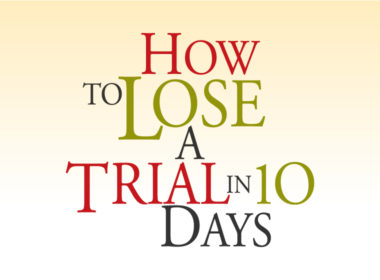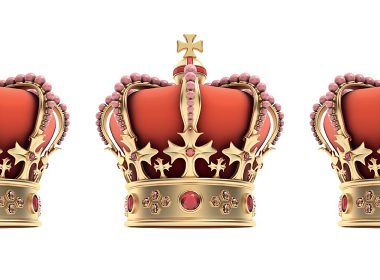Children’s stories tell us fantastical tales of misadventure and mystery. However, rarely do they teach us about the legal remedies available to characters. In fact, some famous protagonists may be teaching our kids to break the law.
The Very Hungry Caterpillar
Rather than merely watch the caterpillar devour meal after meal, the basis of children’s questioning should be about the caterpillar’s right to that food. If a profit à prendre can be established, then eating the apples, pears, chocolate cake, ice cream, pickle, swiss cheese, salami, a lollipop etc, may be acceptable (not physically but legally). Most likely, this will be treated as simple theft requiring restitution … and evidence of being mentally unhinged (who likes to eat salami and then a lollipop?)
Where The Wild Things Are
While there are underlying issues of neglect in the boy being sent to bed without supper, there are extraordinary issues of international law in this story. Where are the Wild Things? Did the boy have a right to sail into their territory or contiguous zone? Do the Wild Things have a right to self-determination? If the boy is their king, does he have a right to diplomatic immunity (ratione personae) when he returns home?
There was an Old Lady who Swallowed a Fly
If a remedy existed in Donaghue v Stevenson, then it likely applies to this poor old woman. However, her intentions should be questioned at the point that she is swallowing a horse.
Winnie The Pooh
This book is clearly defamatory against all bears. Pooh is portrayed as a slow, hungry and pantless bear, which damages the reputation of bears everywhere. Pooh’s friends refer to him as “a bear of very little brain”. Plus, his name is literally Pooh.
Charlie And The Chocolate Factory
Aside from the family law injustice of subjecting Charlie to the custody of three immobile octogenarians (who refuse to leave their communal bed), Willy Wonka’s factory is rife with potential negligence claims. Why were children allowed in without signing a waiver? The Modern Slavery Act 2018 (Cth) seems to apply to the Oompa Loompa’s employment, and Wonka himself may be in breach of director’s duties by handing his business over to a child.
Charlotte’s Web
An innocent tale about an unlikely friendship? Or, is this a spider’s attempt to undertake misleading and deceptive conduct while exercising undue influence over a poor, simple pig? Charlotte’s literal web of lies advertises Wilbur as “some pig”, when in reality he’s just like any other pig.
Green Eggs and Ham
Sam I Am’s continuous offers (and lack of acceptance) of a plate of green eggs and ham may constitute harassment. Moreover, offering genetically modified food to consumers without adequate notice may violate state food and safety laws.
Possum Magic
Sure, the invisibility of the possum is a whimsical ploy to evade the dangers of the Australian bush. You know what else the possum evaded? Several years of taxation.




